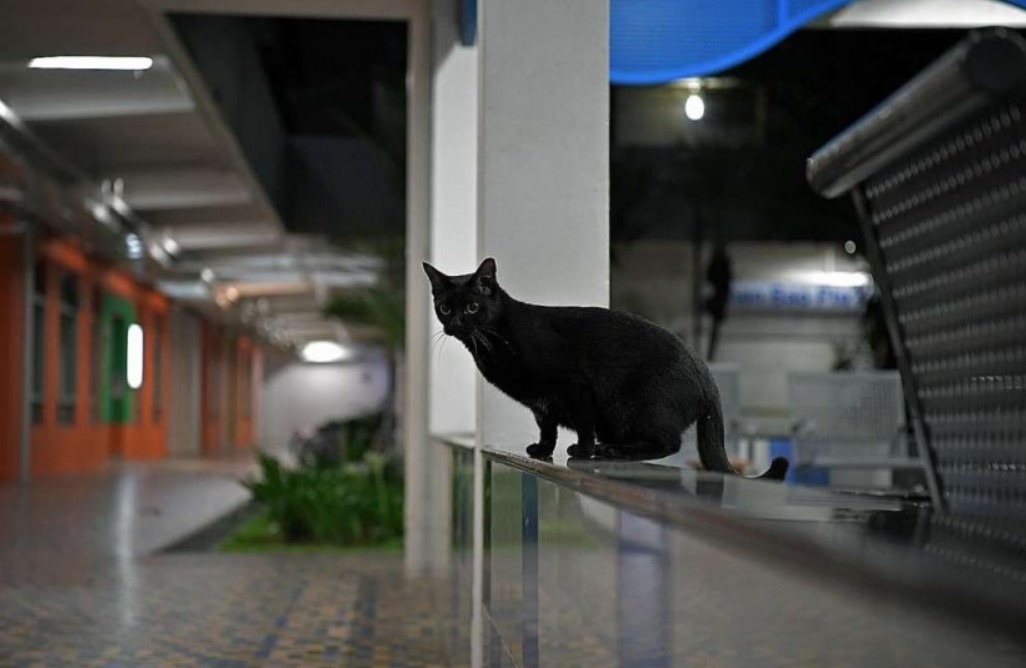In a groundbreaking move, Singapore has recently lifted a 34-year ban on pet cats in public housing, garnering mixed reactions from residents and animal advocates. While some animal lovers welcome the decision as a step towards fairness, others express concerns about potential challenges that may arise with the influx of feline residents in housing estates.
The ban, initially imposed in 1989, was rooted in the belief that cats were difficult to contain within flats, leading to hygiene and nuisance issues. However, this regulation had largely gone unnoticed by many cat owners, as active enforcement had been minimal. With the recent decision to reverse the ban, cat enthusiasts are optimistic about the increased legitimacy and recognition of responsible cat ownership.
The Cat Welfare Society, represented by Thenuga Vijakumar, views the move as an opportunity for responsible pet cat owners to enjoy the same regulatory benefits as dog owners. A proposed cat management framework, including a licensing and microchipping scheme, aims to strike a balance between the interests of cat lovers and concerns raised by detractors. The changes are expected to take effect in the later part of 2024, pending further input.
Notably, 62 breeds of small dogs, birds, and fish have long been allowed in public housing, leading to accusations of a double standard from cat lovers and animal rescuers. The debate surrounding the ban has sparked discussions on the need for a comprehensive approach to address the challenges associated with cat ownership in densely populated housing estates.
Alicia, a cat owner, reflects the sentiments of many who were either unaware of the ban or indifferent due to a lack of active enforcement. She notes that several of her colleagues own multiple cats without facing repercussions. However, not all residents share the same enthusiasm for the lifting of the ban. Concerns about cleanliness and potential overpopulation of cats in estates have been voiced, with some expressing unease about the upcoming changes.
The Housing Development Board (HDB) emphasizes its commitment to preserving a pleasant and harmonious living environment, balancing the interests of pet lovers and residents affected by irresponsible pet ownership. The HDB’s cautious approach aims to prevent disamenities resulting from the uncontrolled roaming, shedding, and caterwauling often associated with cats.
Despite the varying opinions, there is a consensus among rescuers and animal advocacy groups on the need for strict criteria, including mandatory sterilization, to address longstanding issues. Fiona Loh, an independent cat rescuer, stresses the importance of curbing rampant breeding through sterilization to prevent challenges such as overpopulation, noise, and hygiene problems.
As Singapore navigates this significant policy shift, the nation anticipates a new chapter in pet ownership regulations, striving to create a balance that ensures the well-being of both residents and their feline companions. The upcoming implementation of the cat management framework will likely bring about a paradigm shift in the way Singaporeans view and manage cat ownership in public housing.
(Source: Straits Times | SCMP)









